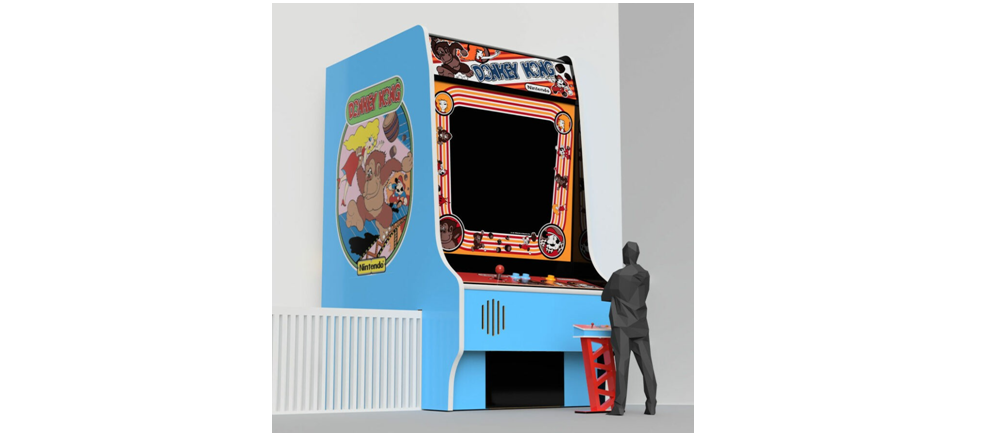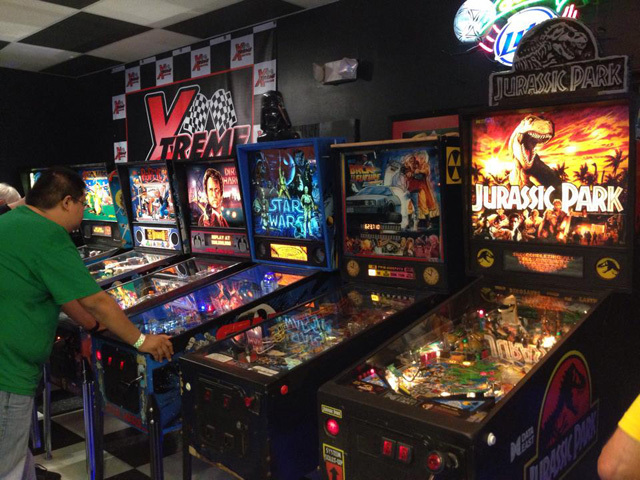The Battle Royale genre is the gift that keeps on giving. Ever since PlayerUnknown’s Battlegrounds was released and took the world by storm, there have been a string of developers trying to cash in on the unique formula of the genre, while also improving it and adding their unique touches. However, history showed us that a good formula is not the only ingredient to make a good game. With such strong competition, PUBG has fallen into relative obscurity, at least when compared with other, more successful titles like Fortnite or the latest Call of Duty, which also featured a BR mode called “Blackout.”
The concept of this genre is simple: a number of players or teams drop onto a zone with buildings riddled with loot, after which they must explore the said buildings to pick up weapons and gear, and then face off against the other teams. After a lengthy mix of escape and evading, precision shooting, reckless driving and, in some cases, a hefty chunk of luck, the last person or team standing is crowned as the victor of the match.
Most of these games are played either in a third-person over-the-shoulder view, while some can only be played in a first-person perspective, akin to old-school shooters. Furthermore, while the concept is similar in most games, some of them diverge heavily in the way their guns handle: shooting a gun in PUBG is vastly different than shooting another, similar gun, in Fortnite. Additionally, most of these games offer some elements of physics to their shooting such as bullet drop, bullet penetration, target leading, and other factors that you’ll need to keep in mind before taking the shot. All of these different elements including the aforementioned physics, coupled with the handling of the different weapon types, make these game a veritable experience for anyone who enjoys some awesome FPS action.
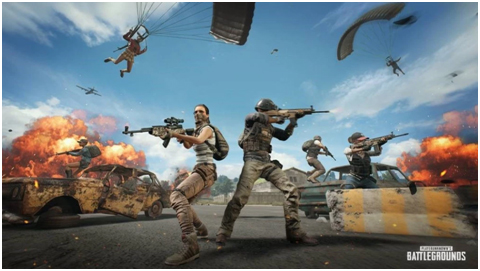
But why are we telling you all this? Because there’s a new kid on the block; one that has its sights set on becoming the best battle royale out there, and is doing a heck of a good job, so far.
Apex Legends is Respawn Entertainment’s latest creation and the company’s first foray into the battle royale genre. After a long stint developing and releasing two games in the awesome mech-shooter series, Titanfall, the team ditched their formula and decided to try their hand in the popular genre, only this time it’s not about pilots and their mechs, but about mercenaries competing to prove who’s the best. In this sense, this game brings nothing new to the table. Like with most battle royale games, the goal is to be the last team standing, among a pool of 19 other 3-man squads. However, similar to other shooters, the strengths of this game lie in its gunplay.
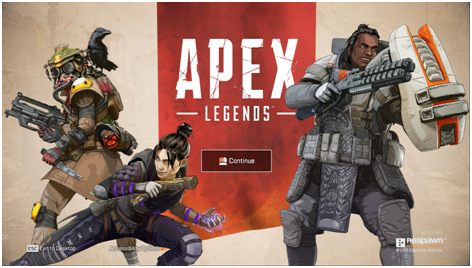
In a nutshell, firing a gun in Apex Legends feels amazing. Each weapon has the right amount of oomph behind every shot (except the Mozambique, screw that weapon), and tagging someone with a bullet makes a satisfying ker-chunk that really drives the point home, no pun intended. Additionally, the gunplay is complemented with a stellar netcode that makes every shot feel instant, regardless of the latency. This is a very important aspect of battle royale games since most of them, depending on the location of their servers, become difficult to play when you live outside of the US.
In Apex Legends, the developers managed to strike a perfect balance between the number of players per match, and the size of the map, something that other games have struggled with since their inception. In other titles, you would either die in the first few minutes while trying to contest a point, or spend 15 minutes running across a barren field, never finding anyone, and then dying to an ambush from a sniper sitting a mile away in a bush. In Apex, however, the map is small enough that you can reach any point by foot (there are no vehicles), and there are not as many players per match (60 instead of 100) so that you’re not running into several ambushes back to back from campers. Furthermore, deaths by straying from the safe zone are uncommon since you can easily reposition yourself inside of the ring at all times. In this sense, you never feel like you lose due to the inherent RNG associated with the genre.
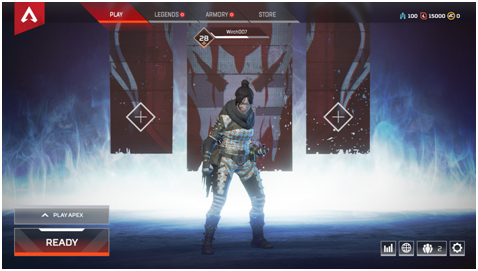
Another thing to note here is the champion system. Similar to team-based arena shooters like Overwatch or Team Fortress 2, Apex Legends has several champions to choose from. Each of these characters come with their own sets of active skills and passives that help them to stand out among the rest. For example, the crafty Pathfinder can use a grappling hook to move around the map, and his ultimate skill allows him to deploy a zipline that anyone can use to zoom across the map. Meanwhile, the bulky Gibraltar is a tank of sorts and deploys a personal shield every time he aims down his sights. He can also drop a device that deploys a large dome where no bullets can pass through; not even from your allies. While each character can use every weapon effectively, they each have a kit that can make or break the team composition.
However, despite all its strengths, we feel that Apex Legends suffers from an important shortcoming—which is also true for most battle royale games. Case in point, the issue with dropping in a contested zone, only to spend the first few seconds trying to find a gun, and then dying to someone who, by luck, landed on a building rife with weapons. We think that the game would benefit from every player starting off with a sidearm so that everyone has a fair chance of surviving the landing phase. Heck, Ring of Elysium, a new battle royale that has recently entered Early Access on Steam did it, and it’s brilliant. We only hope that Apex Legends, being the amalgamation of the best things that most battle royales have to offers, keeps on innovating and adding sensible features to their awesome formula.
Here at PrimeTime Amusements, we like to keep ahead of the curve in arcade game rental and sales and pride ourselves in providing the best service in the country. If you’re looking for a game in particular, or have a few questions about the industry, feel free to give us a call at 1.800.550.0090 or to swing by at 5300 Powerline Rd. Suite 210, Ft. Lauderdale, Florida, 33309.


